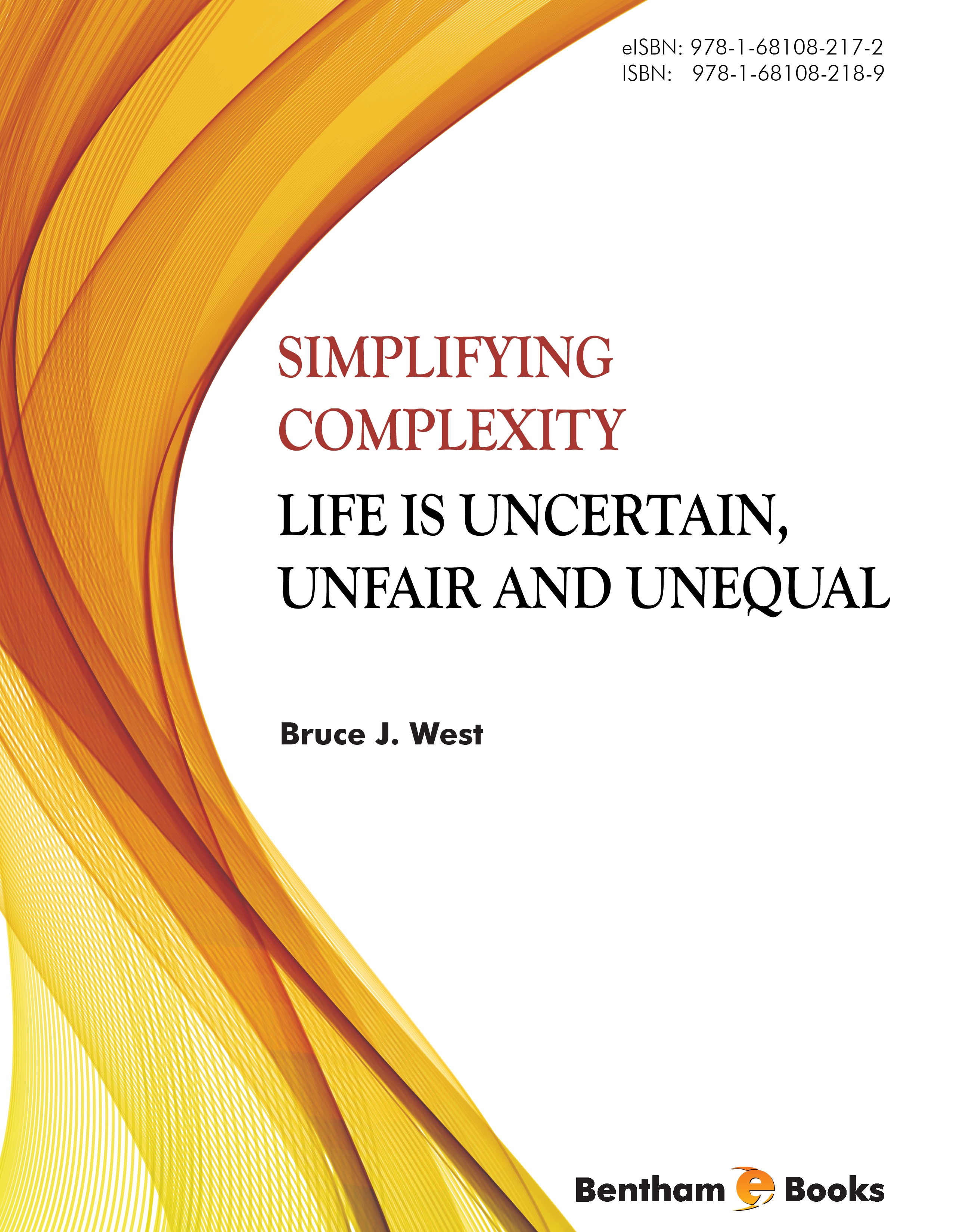Introduction
In life, we often face unavoidable complexities in terms of our ability to understand or influence outcomes. Some questions which arise due to these complexities are: Why can’t the future be made certain? Why do the some people or events always end up at the center of controversy? Why do only a select few get ahead of their peers? Each question pertains to three central elements of complexities and these elements are: uncertainty, inequality and unfairness.
Simplifying Complexity
explains the scientific study of complex cognitive networks, as well as the methods scientists use to parse difficult problems into manageable pieces. Readers are introduced to scientific methodology and thought processes, followed by a discourse on perspectives on the three elements of complexity through concepts such as normal and non-normal statistics, scaling and complexity management.
Simplifying Complexity
combines basic cognitive science and scientific philosophy for both advanced students (in the fields of sociology, cognitive science, complex networks and change management) and for general readers looking for a more scientific guide to understanding and managing the nature of change in a complex world.

